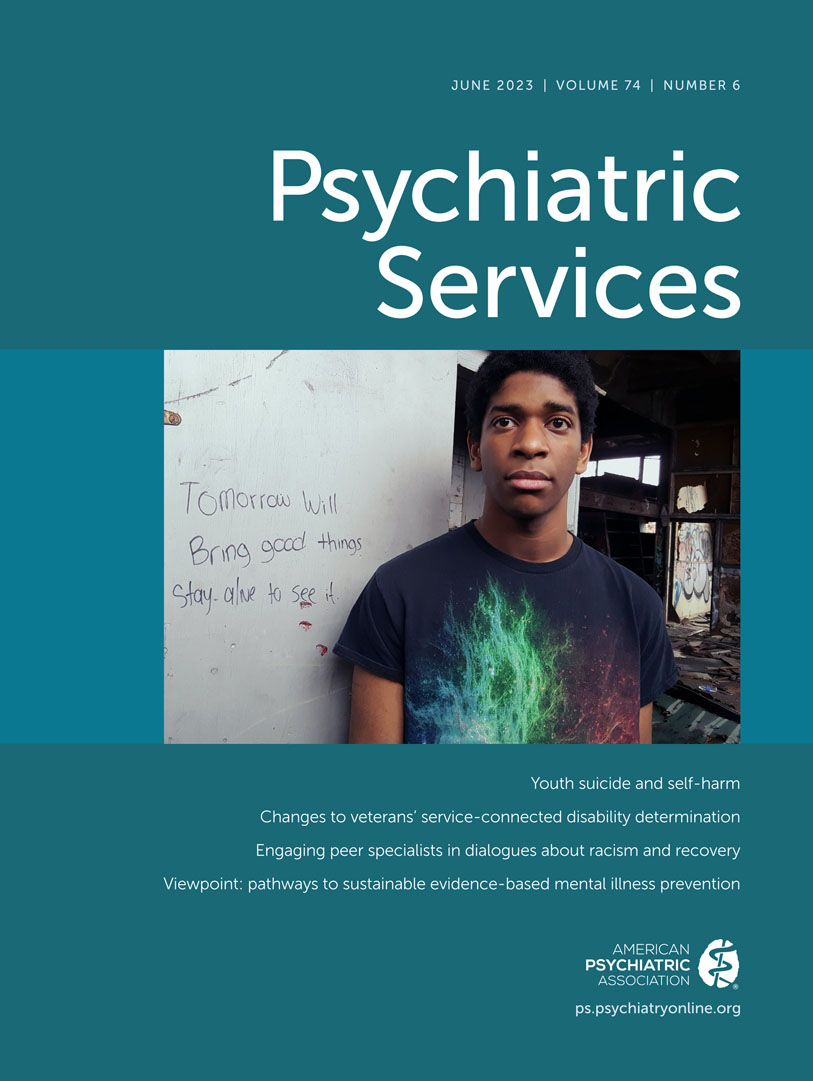Medicaid Expansion and Racial-Ethnic Health Care Coverage Disparities Among Low-Income Adults With Substance Use Disorders
Abstract
Objective:
In light of historical racial-ethnic disparities in health care coverage, the authors assessed changes in coverage in nationally representative samples of Black, White, and Hispanic low-income adults with substance use disorders after the 2014 Affordable Care Act Medicaid expansion.
Methods:
Data from 12 years of the annual National Survey on Drug Use and Health (2008–2019) identified low-income adults ages 18–64 years with alcohol, cannabis, cocaine, or heroin use disorder (N=749,033). Trends in coverage focused on non-Hispanic Black, non-Hispanic White, and Hispanic individuals. Age- and sex-adjusted difference-in-differences analysis assessed effects of expansion state residence on insurance coverage for the three groups.
Results:
Before Medicaid expansion (2008–2013), 38.5% of Black, 37.6% of White, and 51.2% of Hispanic low-income adults with substance use disorders were uninsured. After expansion (2014–2019), these proportions significantly declined for Black (24.2%), White (22.0%), and Hispanic (34.5%) groups. Decreases in rates of individuals without insurance and increases in Medicaid coverage tended to be more pronounced for those in expansion states than for those in nonexpansion states. In nonexpansion states, the proportions of those without insurance significantly decreased among Black and White individuals but not among Hispanic individuals. Proportions receiving past-year substance use treatment did not significantly change and remained low postexpansion: Black, 10.7%; White, 14.6%; and Hispanic, 9.0%.
Conclusions:
After Medicaid expansion, coverage increased for low-income Black, White, and Hispanic adults with substance use disorders. For all three groups, Medicaid coverage disproportionately increased among those living in expansion states. However, coverage remained far from universal, especially for Hispanic adults with substance use disorders.
Access content
To read the fulltext, please use one of the options below to sign in or purchase access.- Personal login
- Institutional Login
- Sign in via OpenAthens
- Register for access
-
Please login/register if you wish to pair your device and check access availability.
Not a subscriber?
PsychiatryOnline subscription options offer access to the DSM-5 library, books, journals, CME, and patient resources. This all-in-one virtual library provides psychiatrists and mental health professionals with key resources for diagnosis, treatment, research, and professional development.
Need more help? PsychiatryOnline Customer Service may be reached by emailing [email protected] or by calling 800-368-5777 (in the U.S.) or 703-907-7322 (outside the U.S.).



